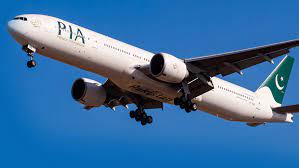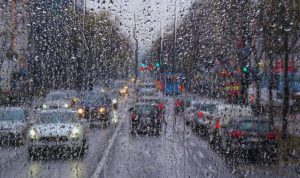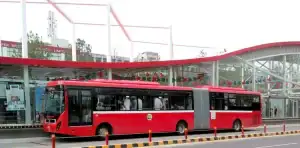In a significant development for international aviation, the European Union (EU) has extended its ban on Pakistan International Airlines (PIA) flights, citing persistent safety concerns. This marks the fourth consecutive year that the EU has prohibited PIA from operating within European airspace due to the airline’s ongoing failure to meet critical safety standards.
An EU spokesperson confirmed the continuation of the restrictions, emphasizing that PIA has not effectively adhered to essential safety protocols. These protocols include operational safety, aircraft maintenance, and regulatory oversight, which are fundamental to ensuring the safety of passengers and crew.
“All Pakistani airlines, including PIA, are required to implement corrective actions to rectify deficiencies in their safety management systems,” the spokesperson stated. This directive underscores the necessity for comprehensive improvements in operational procedures and safety measures.
The EU also highlighted significant shortcomings within Pakistan’s Civil Aviation Authority (CAA). Enhanced monitoring capabilities and stricter compliance with international safety regulations were among the key areas identified for improvement. The spokesperson noted that as of mid-2024, no Pakistani airline, including PIA, is listed on the EU’s air safety list, reflecting broader regulatory compliance concerns.
The ban was initially imposed following the suspension of PIA’s Third Country Operator (TCO) license by the International Air Safety Assessment (IASA). This suspension effectively bars the airline from operating flights between Pakistan and European countries until it addresses the identified issues and meets the stringent safety requirements set by the EU.
Pakistan’s aviation officials are reportedly working diligently to address the flaws identified by international regulators. However, despite these efforts, the ban on PIA’s European flights remains in place, significantly impacting the airline’s operations and Pakistan’s reputation in global aviation safety.














